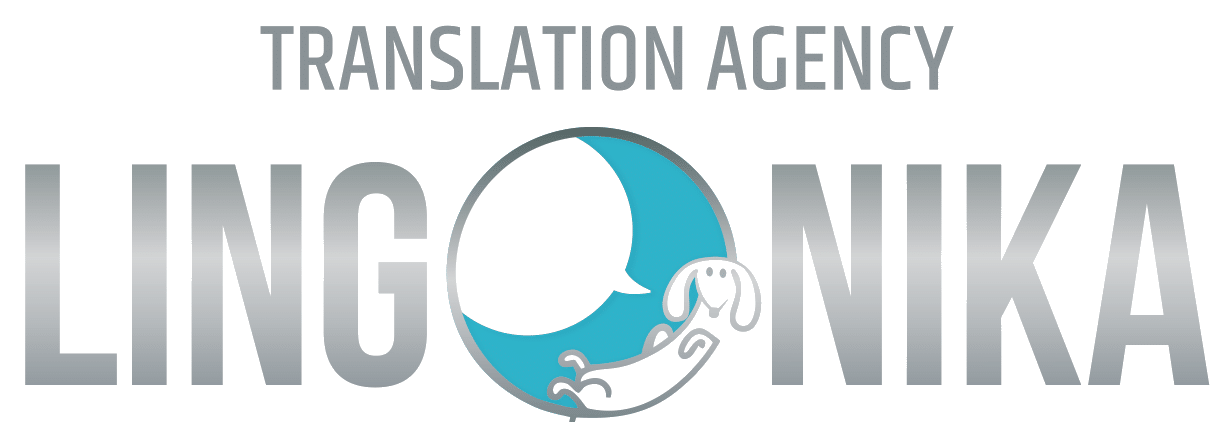We live in a world where technology is bringing millions of people from different countries, backgrounds and cultures ever closer together – to teach, to learn, to socialise and to do business, all through the World Wide Web. Communication technology has advanced in leaps and bounds in the last decade – everything from smartphones to new social media channels giving us more speed, more choice, and more convenient ways of talking to each other. And we’re talking to more people in more places and using more diverse languages than ever before. Which means that we’re using professional translation services more than ever.
Little wonder then that translators are enjoying a booming career. In Careerbuilder’s latest report on hot industries for job growth between 2014 and 2019, the number of jobs in the translation and interpreting services industry is predicted to grow by 36%, making it the fastest growing jobs market in America.
If you speak another language, you might want to consider becoming a translator or interpreter. Many companies in the US and the UK are looking to expand into new markets abroad, which is fuelling the increase in translation and interpreting jobs. Translators enjoy a comfortable income, depending on experience, and are often able to work from home, fitting their career around children or other commitments. Projects are varied, often exciting, and bring a sense of fulfilment. And you can work towards accreditation from an association such as the Institute of Translators and Interpreters to give you the necessary skills to turn your second language into a job – and to demonstrate your expertise to your clientele.

It is generally acknowledged that those who choose a career in translation after having worked in other roles can offer even more value to the industry. Their previous experience is invaluable. A trained marketer who is also a translator intuitively understands about conveying brand values, for example, and someone with an automotive background will be conversant with the relevant technological terminology.
The translation services industry is mainly served by agencies with the capability to produce high-volume, high-quality output in a consistent and timely manner. Access to company CAT tools, into which client glossaries and translation memories can be built, helps individual translators to maintain a particular style, vocabulary and tone of voice. Whether you’re a B2B or a B2C translation services buyer, this gives you the security that your brand will be represented accurately to your target audience.
Most translators are freelancers, working from home. The salary is wide-ranging, depending on both language and experience. Competition is highest amongst more widely spoken languages, such as French and Spanish, and remuneration will be lower than what a native English speaker of Japanese is likely to be able to achieve. Having said this, a full time translator can expect to earn in excess of $40,000 per annum and six-figure sums are readily achievable in the industry!


